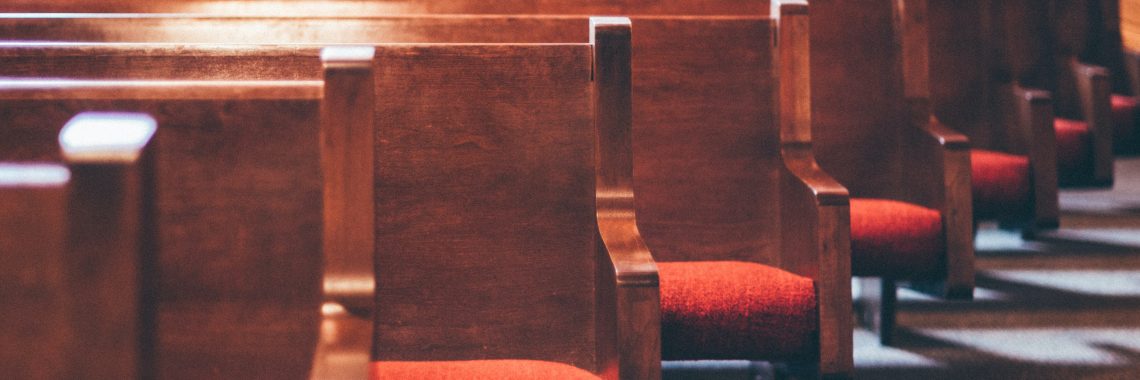Here is the Truth About Issue 3

Winston Churchill is credited with saying, “A lie gets halfway around the world before the truth even gets its pants on.”
Unfortunately, that seems to be the case with religious freedom amendment Issue 3: Gossip and lies about the measure have made the rounds on social media much more than the truth has.
Here is the truth about Issue 3:
Issue 3 is a good amendment that will protect the free exercise of religion in Arkansas.
That is why attorneys at Focus On The Family, Family Research Council Action, Alliance Defending Freedom, and Liberty Counsel have endorsed Issue 3, and that is why liberals at the ACLU and atheists at the Freedom From Religion Foundation oppose Issue 3. The Arkansas Baptist State Convention and Family Council Action Committee also have endorsed the amendment.
Unfortunately, some conservatives—including a few of our friends—on social media have claimed that Issue 3 will give the government more power to restrict religious freedom. A self-proclaimed constitutional expert from Florida has posted videos online making that claim.
But stop and ask yourself:
If Issue 3 makes it easier to restrict religious freedom, then why would the Freedom From Religion Foundation oppose Issue 3? They attack the free exercise of religion every time they have the opportunity.
What seems to bother some people is that Issue 3 says the government may burden the free exercise of religion if it has a compelling governmental interest at stake and if it behaves in the least restrictive manner possible.
I understand why some people would ask questions about this language, but here’s why Issue 3 contains that exception:
Over the past 200 years, courts have had to address situations where cult leaders wanted to commit crimes in the name of their religion, where cities and counties denied building permits to churches, and where conscientious objectors wanted to avoid military service during times of war.
In situations like these, courts traditionally asked two questions:
First, does the government have a “compelling interest” at stake in this situation—like providing for national defense or protecting people from violent crime?
And second, can the government protect that compelling interest while burdening the free exercise of religion as little as possible?
Under this test, cult leaders who broke the law went to prison, conscientious objectors in the military were assigned to non-combat duties, and churches that were denied a building permit typically were allowed to build anyway.
In the 1980s and 1990s courts began abandoning that standard and issuing rulings that made it easier for the government to run roughshod over religious freedom—even when it did not have a compelling interest at stake or could operate in a less restrictive manner.
In response, states began passing laws like Issue 3 to protect religious freedom.
In fact, Arkansas passed a religious freedom law similar to Issue 3 in 2015.
Issue 3 simply improves on that good law, and it writes the protections into the Arkansas Constitution.
If Issue 3 fails to pass this year, it probably will be because conservatives who did not understand the amendment sided with the ACLU and the Freedom From Religion Foundation in voting against the measure.
Normally when we disagree with our friends, we simply agree to disagree. In this case, I have to tell you why I am standing with the growing list of highly credible, Christian organizations that support Issue 3 and why I am voting for Issue 3 and urging everyone else to do the same.
If you have questions about Issue 3, please feel free to reach out to me or my staff.
Sincerely,
Jerry Cox





